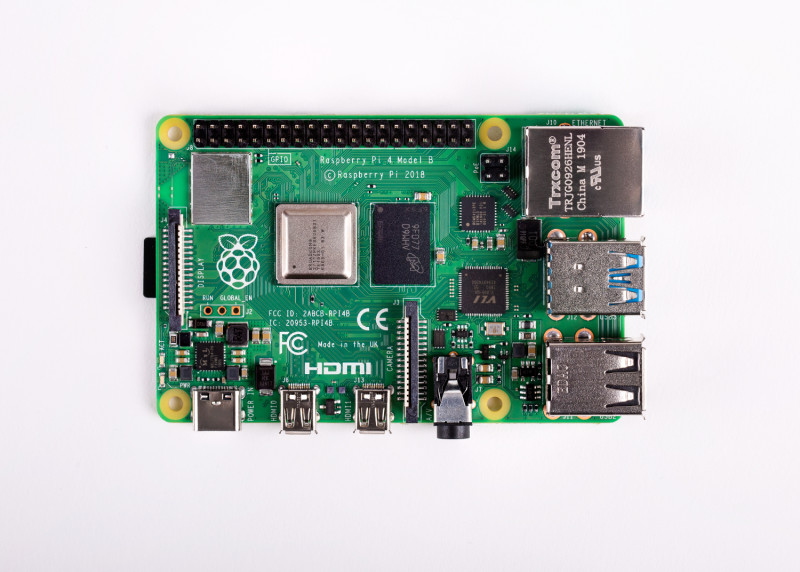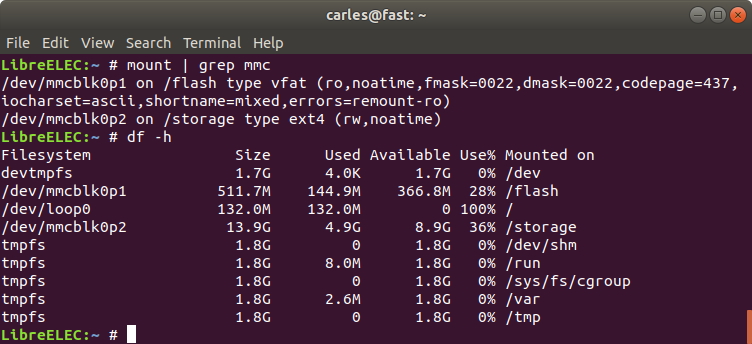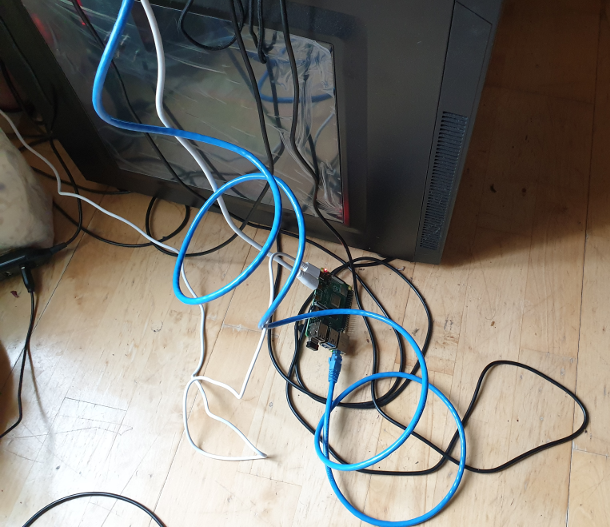I write this article thinking in all my friends that feel insecure about talking in English.
They think about if they are pronouncing correctly, or if they are building the phrases in the correct grammar order. That’s school’s system fault, I think.
As Catalans we learn new languages easily. We talk Catalan native, and Spanish, and in the school we are taught French and English, and if things have not changed, we can choose between Latin and Greek. (I studied both)
But doing 1 or 2 hours per week of English doesn’t grant you a good level of the language, and in fact, few people in Catalonia and Barcelona speak fluent English with a good accent.
I learnt English by myself, by reading programming manuals when I was 5 years old. I also learnt to play chess by watching others playing and when I won the first time I played, against a guy 5 years older than me, he could not believe it was my first match.
I was 10, I think.
When I started classes in the school I realized that I already knew English.
Commands in Basic, like list, run, print, goto, had the same meaning than in the human spoken language.
I grew and I saw that the translations of technical books to Spanish (no Catalan was available) were horrible. They were actually translating commands, so since 15 y.o. I only read manuals in English.
In several jobs, for multinationals, I had to talk with colleagues from different parts of the world, so I was talking Portuguese, some times Italian or French, I could read a bit of German (Was head of Department in Volkswagen IT, gedas), and obviously English.
Still it is not the same when you talk using a subset of the language, basically referred to Hardware and Software, than fully living abroad.
Starting English is easy, you can use present and will for the future and did for the past, and you can make it work. But when you start with the phrasal verbs, the irregular verbs, different time conjugations… English is a context language and it is not a phonetic language, words that are written exactly the same way, sound different, and words that sound the same are written different. So it has a lot of exceptions.
But in this, in the exceptions, and in the fact that is widely expanded, is where we can find the strength to grow without fear.
Catalan is spoken very differently if we are in Barcelona, Lleida, Girona, Tarragona or if we are in València, or Menorca, or Alguer or the country of Andorra.
So the same happens with English. It is not only very different from England to the States, to Australia, to Scotland, to Ireland… also is very different from Dublin and Cork, or from different parts in The States, like Texas and California.
Also there are many people that talks it in Europe, in India… and all of them have different accent!.
So in my experience everybody will understand you. Specially because English is fully understood by the context. Maybe they need you to end the phrase to understand, but they will.
There are also annoying differences that can make you think that your are making mistakes.
Like:
- Data Center (American) vs Data Center (England)
- Color (American) vs Colour
- Humor (American) vs Humour
Don’t be surprised if many native people find your accent exotic, and they love it.
That’s what happened to me many times.
Also I think the school is terrible teaching. They teach children all those rigid grammar expressions, when the live language is much more fluent and free.
For example, one person from Barcelona, will be nervous asking to a colleague:
- Are you going to the cinema tonight?
- Have you finally had gone to Disney World?
And he will be nervous thinking in real time if he is building the phrase right.
When, after 2 years will realize that people say:
- You go to cinema tonight?
- Did you go to Disney World finally?
The latest are very close to the grammar we use with Catalan, and so hence easy to express fluently.
I can share with you the process I follow to improve my English.
Since the 15 y.o. I was reading all the manuals in English.
I was watching some movies in English, at the beginning with subtitles in Spanish (no Catalan was available) and later with the subtitles in English.
Since 2013, when I was invited by Amazon to Dublin and by Facebook to Menlo Park (US), I started to watch all the movies and sit coms in English.
At the beginning with subtitles in English with the idea to correlate pronunciation and writing. To get my ears used to it.
I went to conferences, and I saw some people, with living years in English speaking countries, that had a much more difficult to understand accent than mine. They were people with reputation. And I understood that IT guys, we are very lucky to be valued by what we know. By our brain.
After all my life reading in English and 4 years watching all the movies in English, my accent had improved, but when I arrived to Cork I had difficulties understanding some the Irish. So I had to get used to the music, the cadence, of the way they talk, and to some words and expressions, and to the humor sense.
I asked my Irish colleagues to correct me when I pronounced wrong, and they were so nice to do it. And they did in a very polite way, for example if I would say:
Is a new Engineer coming to the Team?
And I would put the emphasis on the i of Engineer (the accent), Kevin would repeat the word in the right pronunciation. So I had the chance to learn how it rightly sound.
And I would repeat to make sure I got it.
One thing I think is that one has to be thankful for the time and interest that others dedicate to you. We have all a limited time on the planet, so when somebody invests some time in teaching you or helping you to learn, is giving you something that he will not get back. Even if you pay him/her, still that time will not go back to that person.
So I appreciate when people help me, and I don’t appreciate it less because I pay them.
Talking, listening, is the best real way to learn.
With 100% of reading in English, 100% of movies being watch in English, and nearly 100% of talking and listening in English my language skills reached to the next level. So I can talk in conferences, I can write books and technical documentation. And still I learn a lot of English every day. New words, or rich forms to express the things, reading the newspaper, for example. I really enjoy it.
But is like swimming or going in bicycle: learn by doing.


